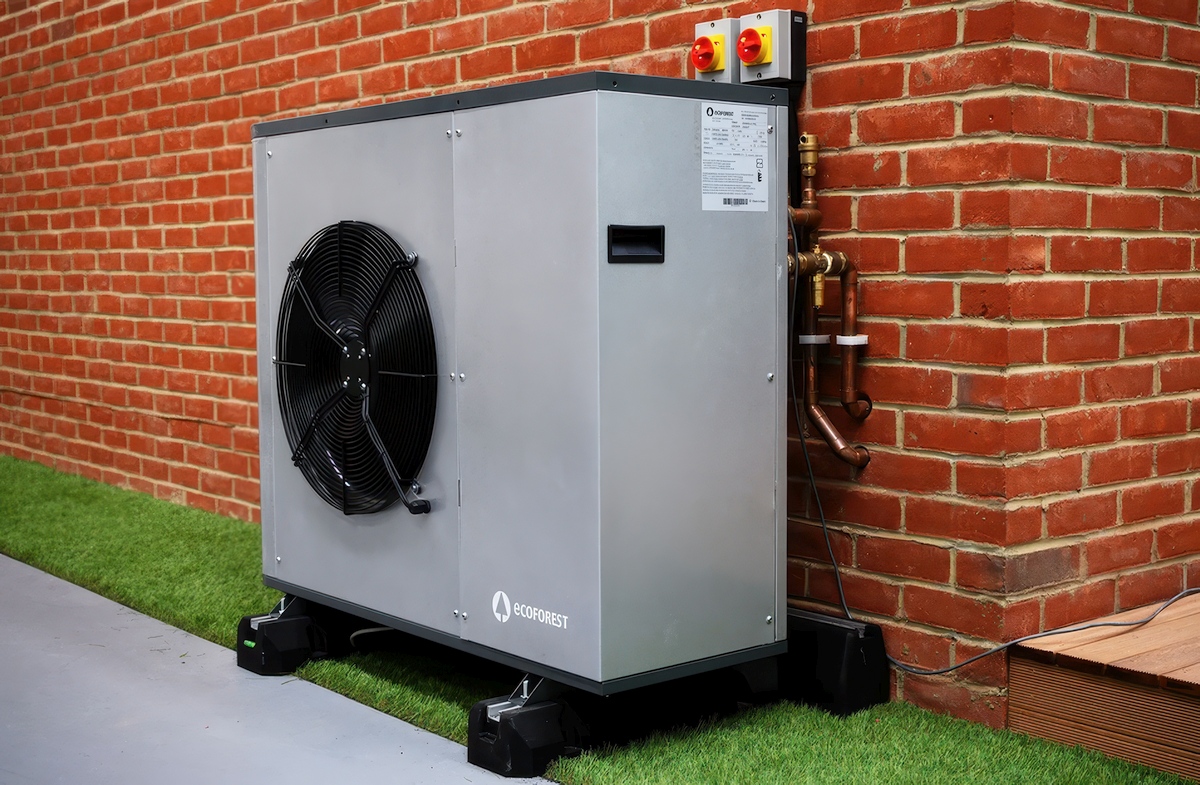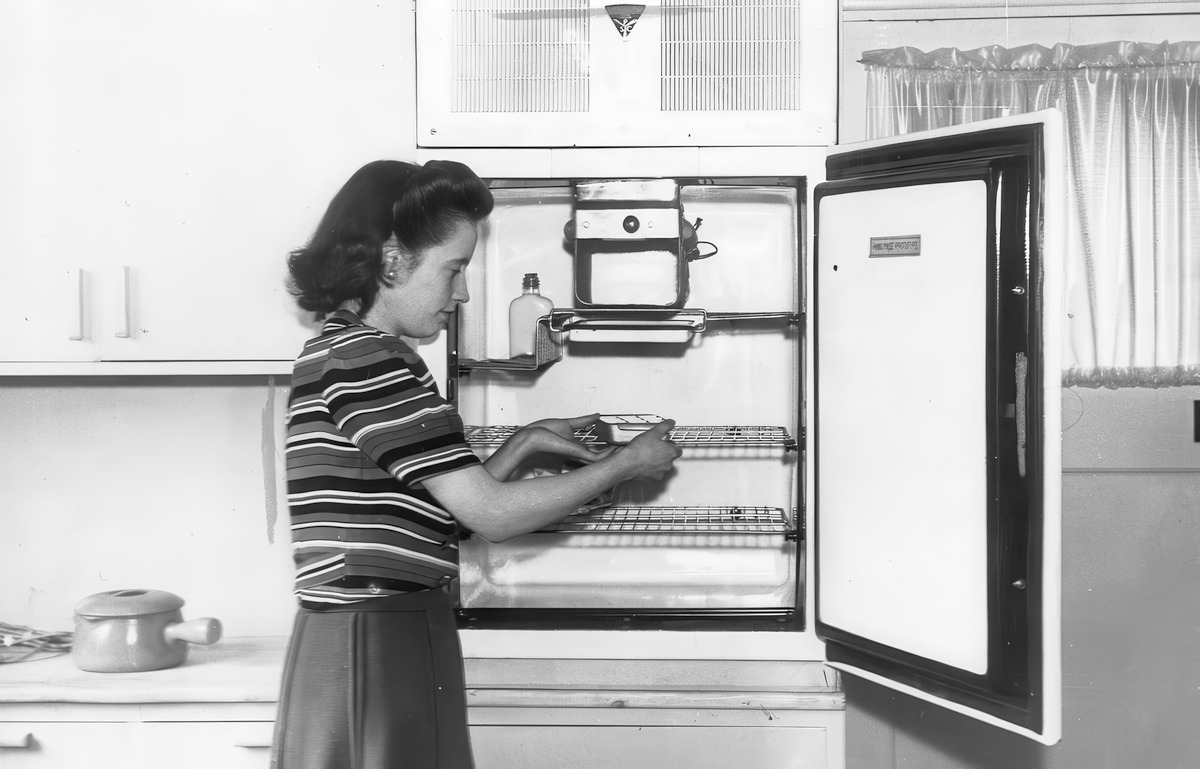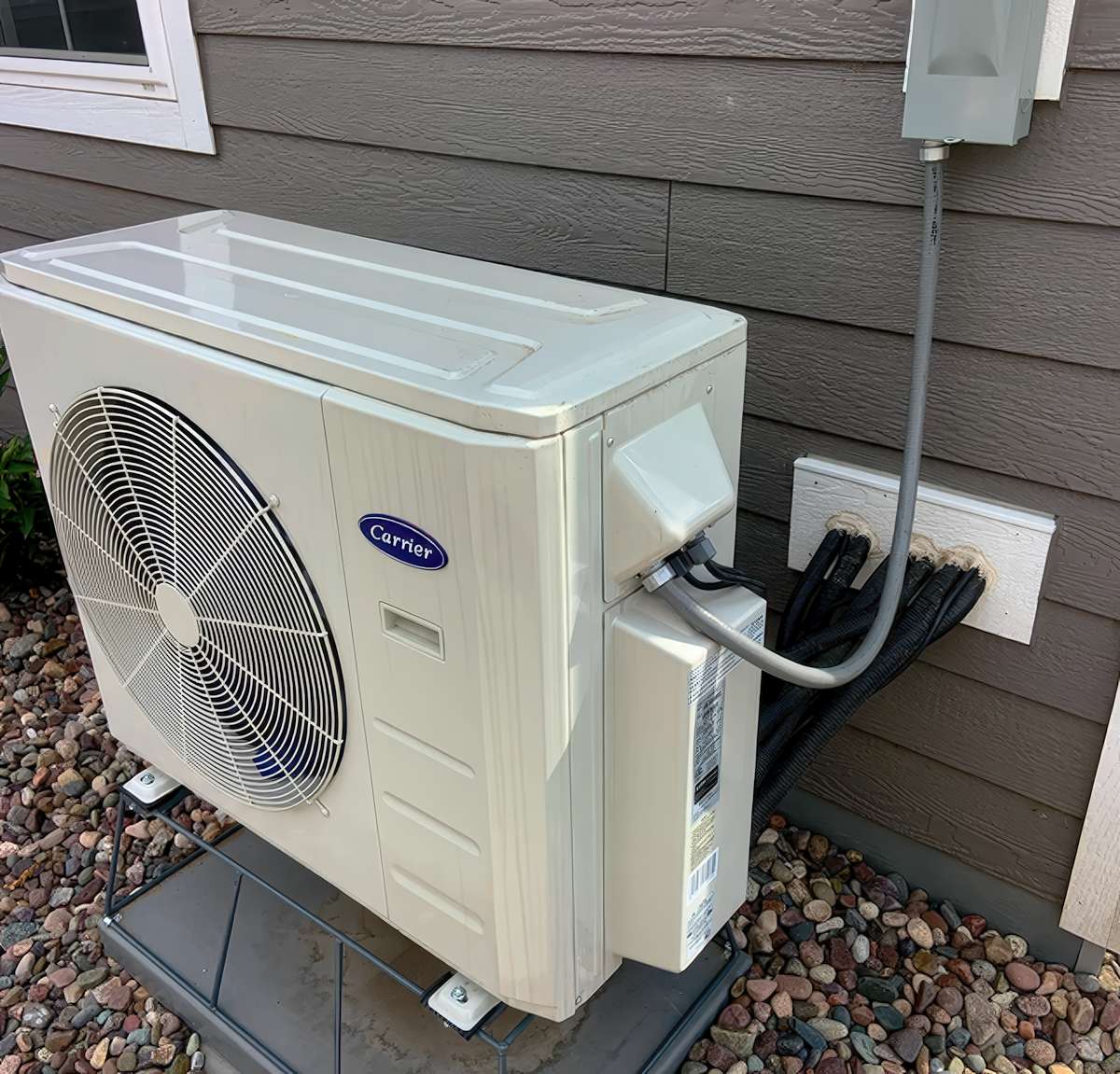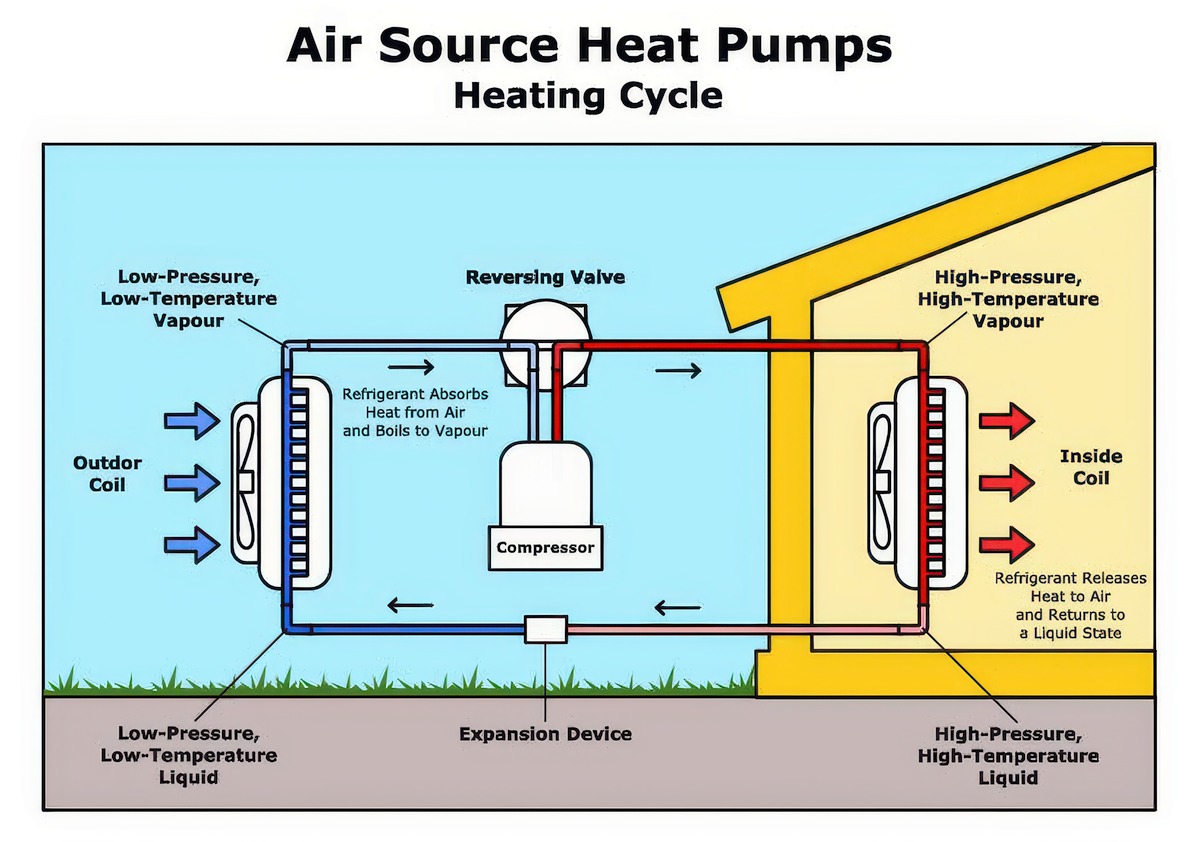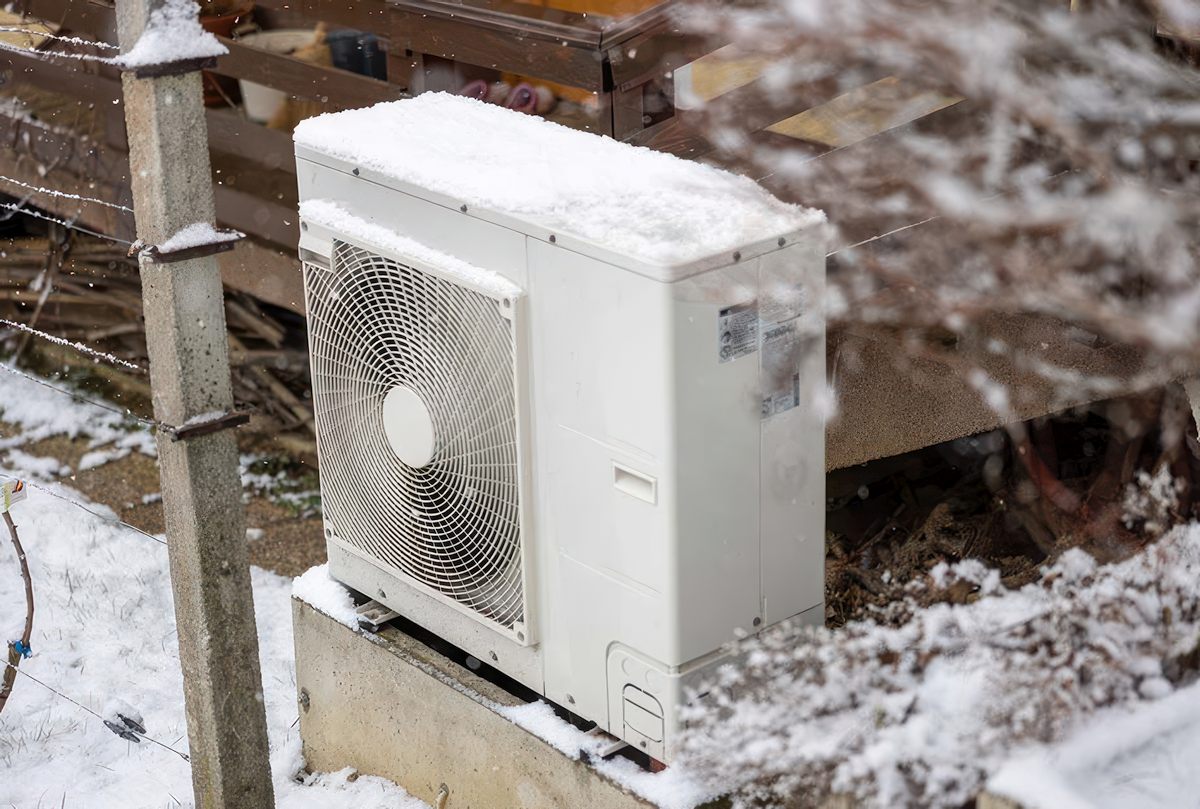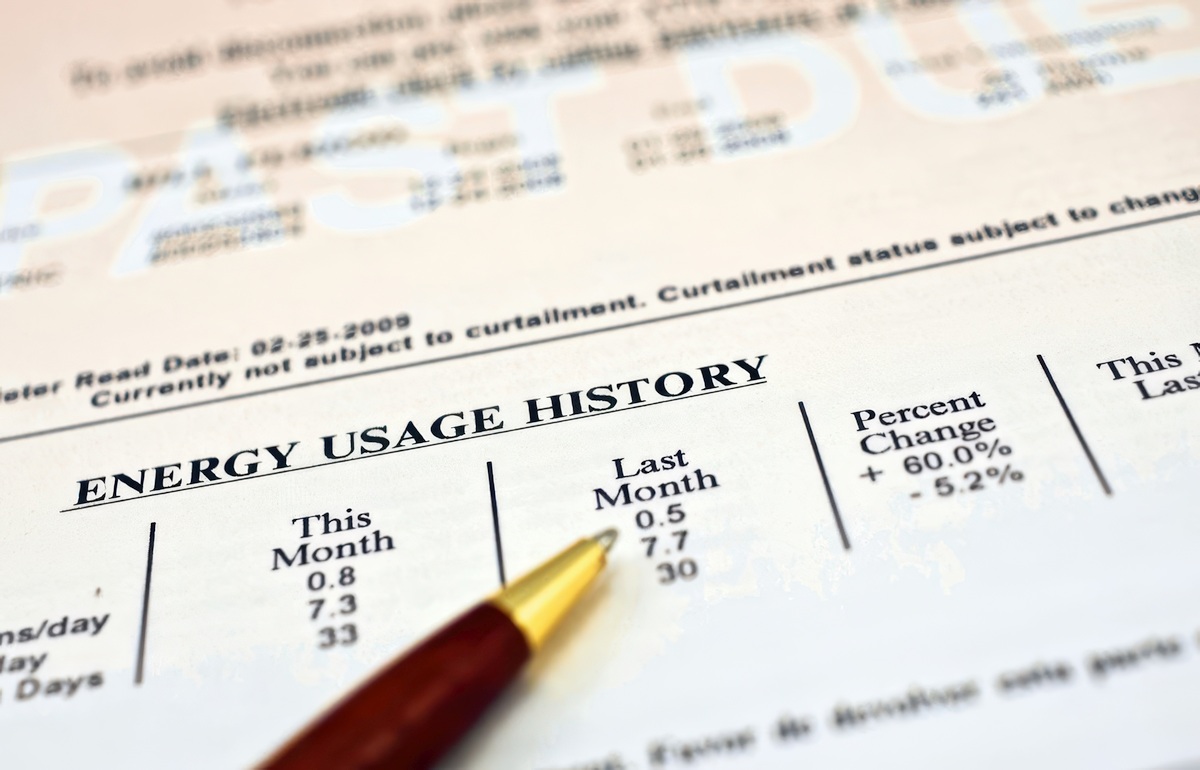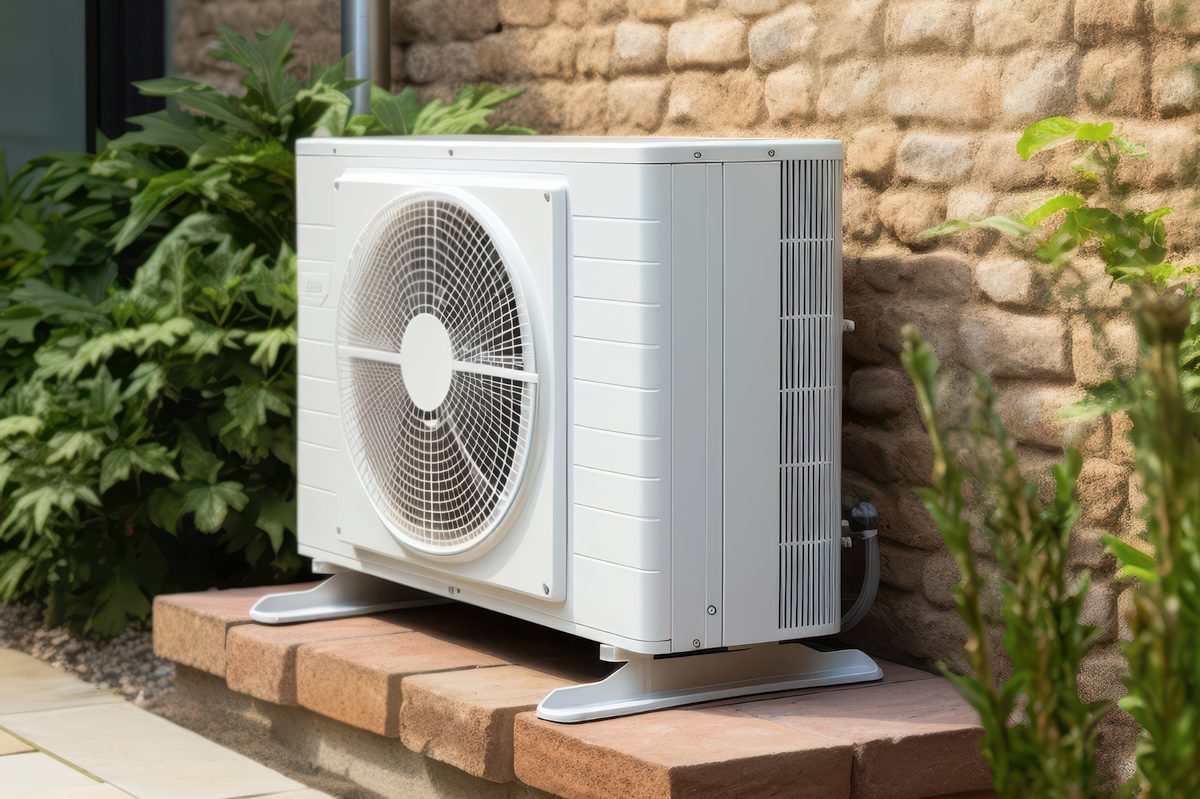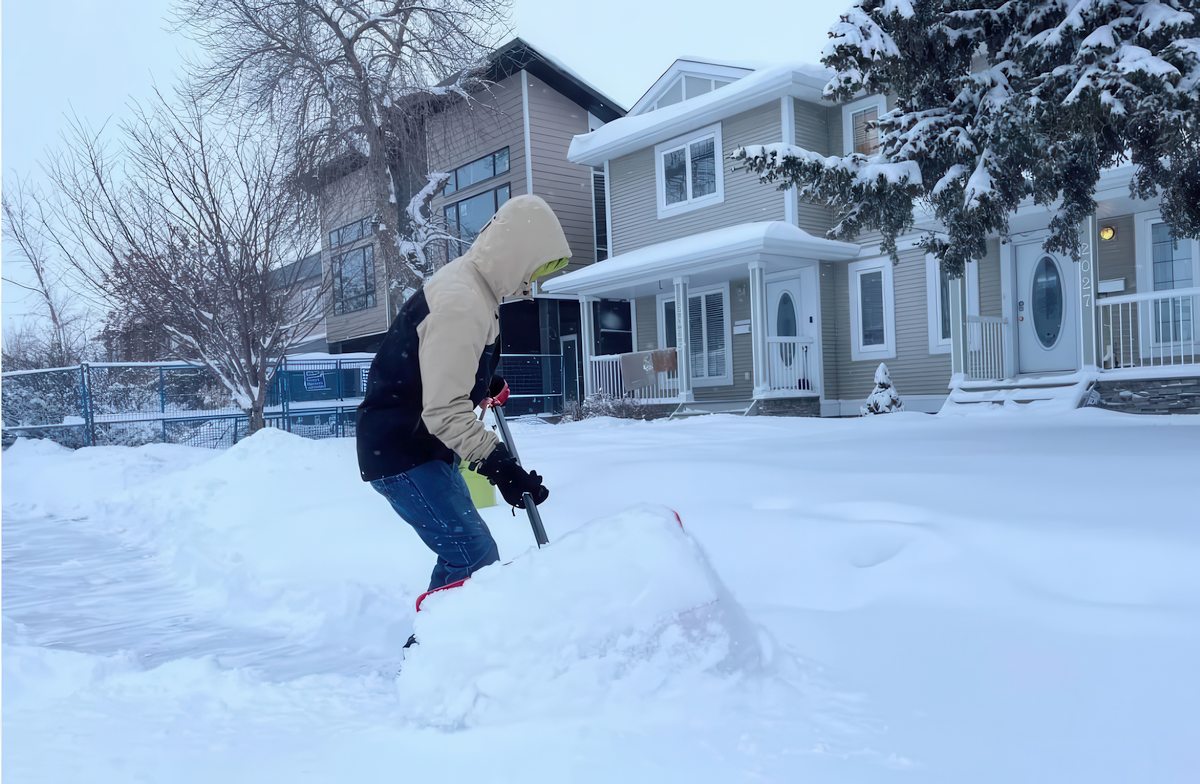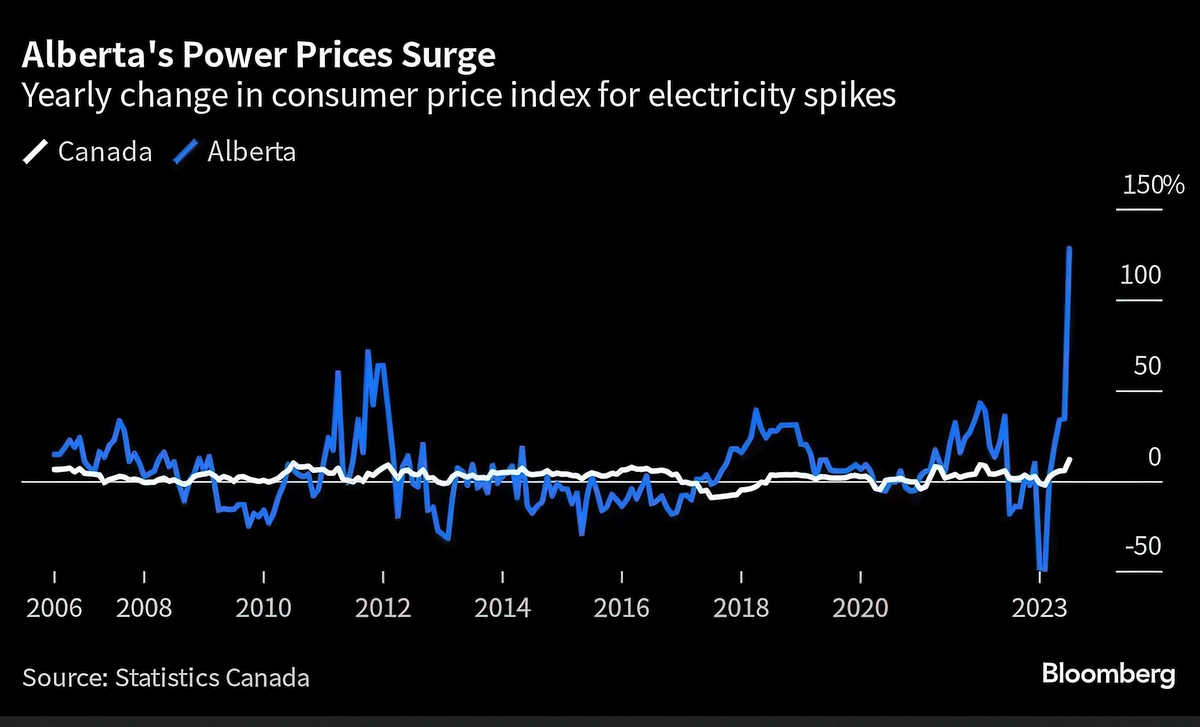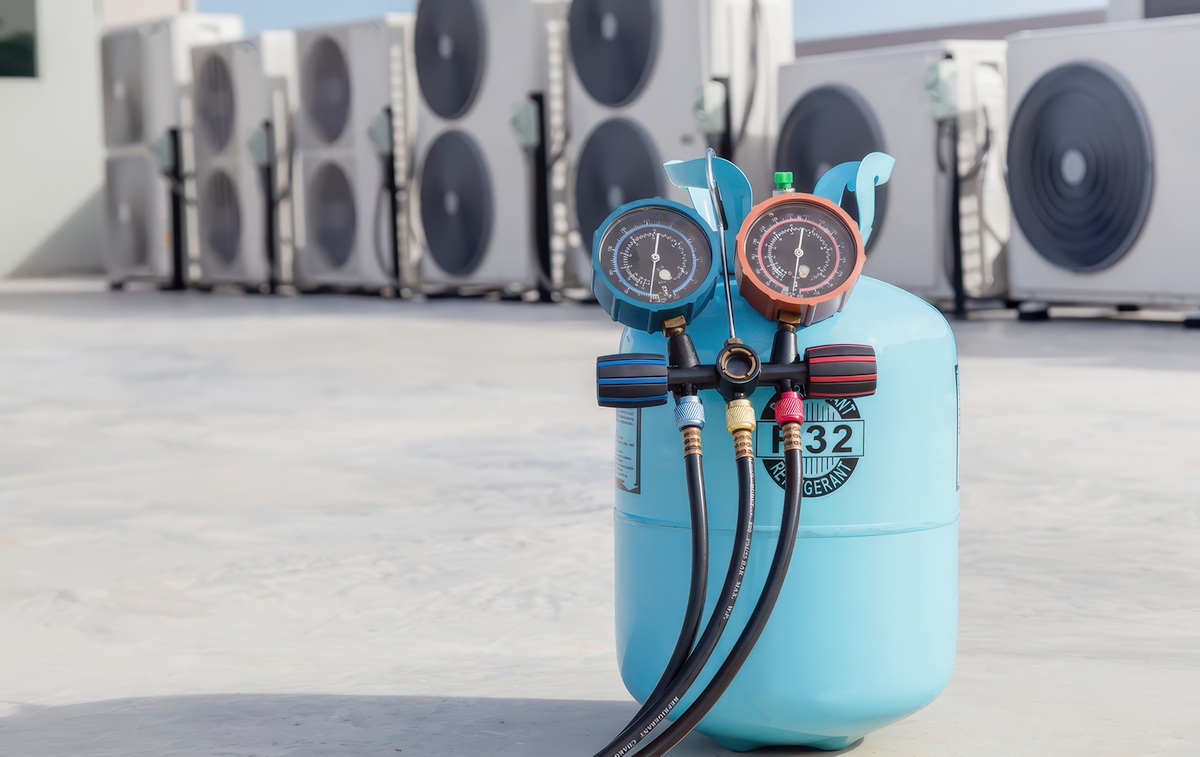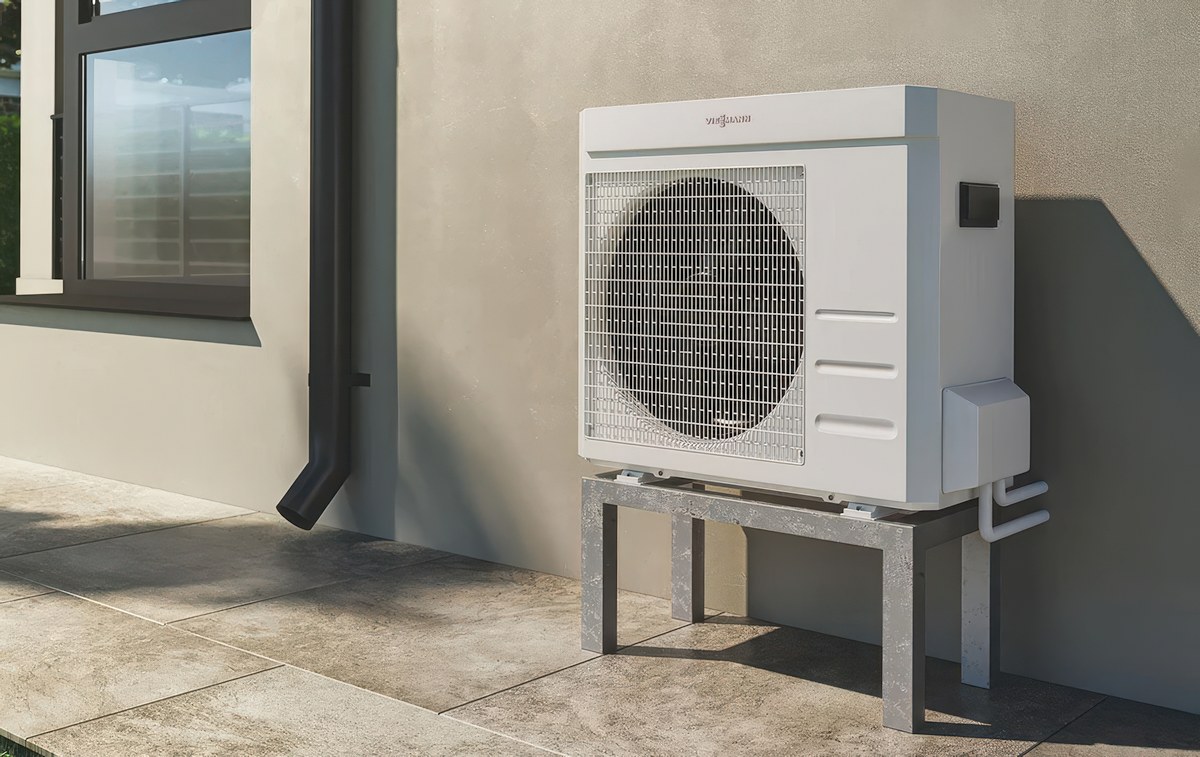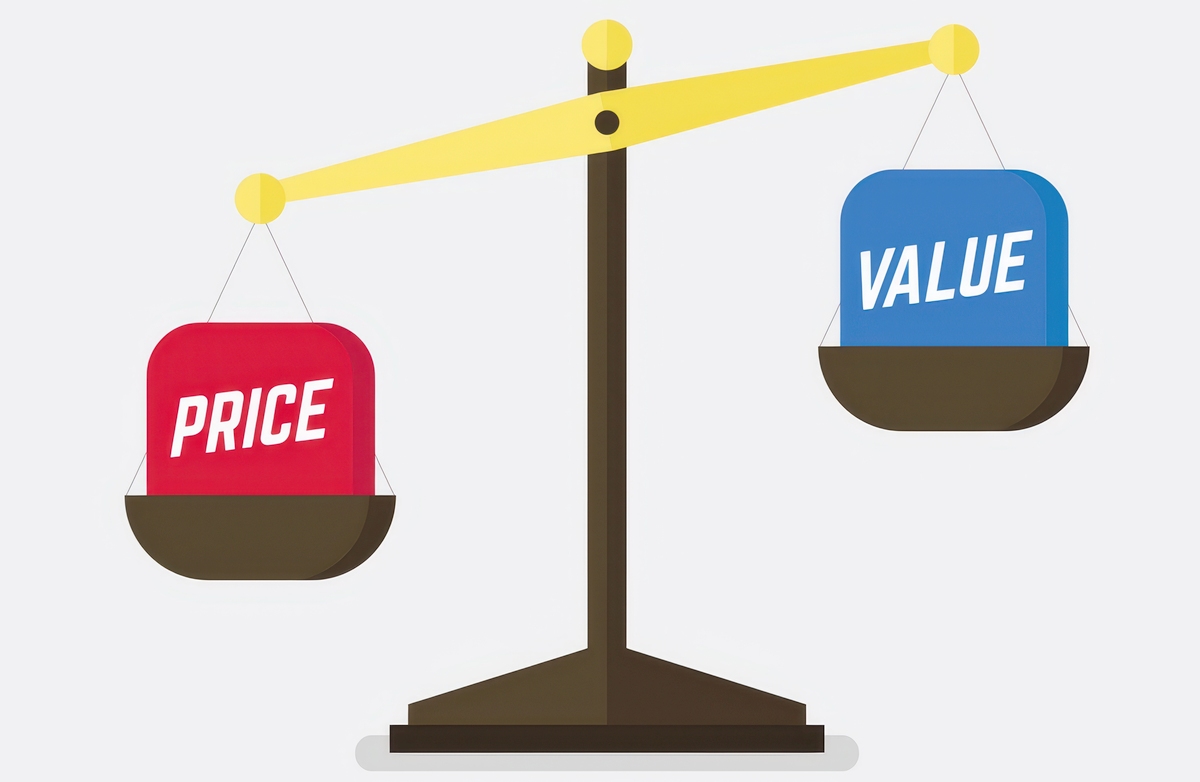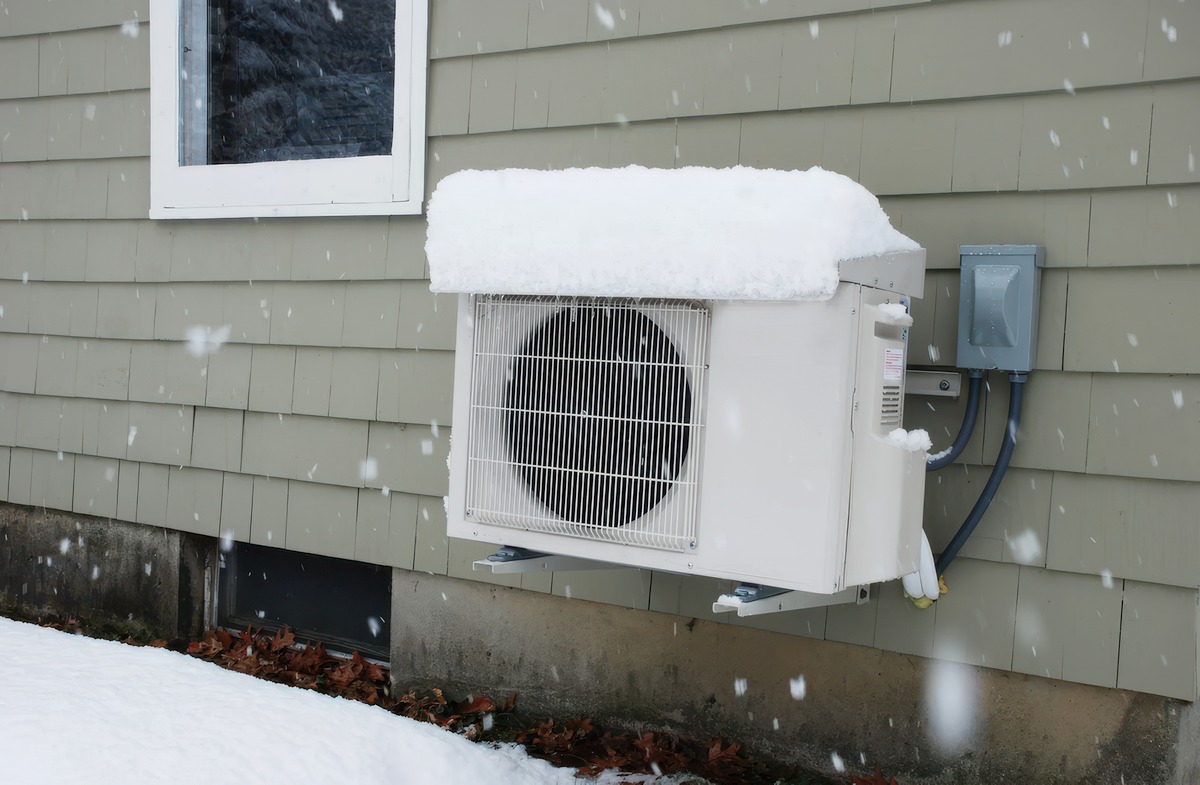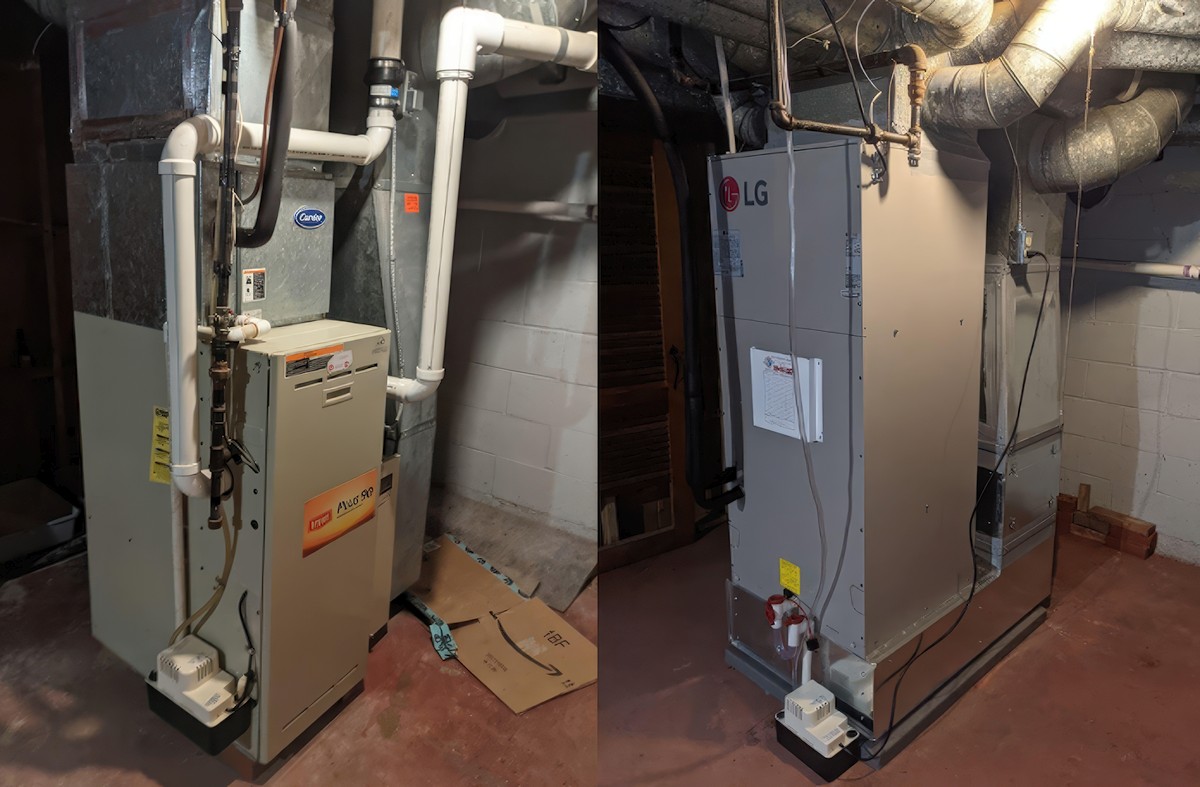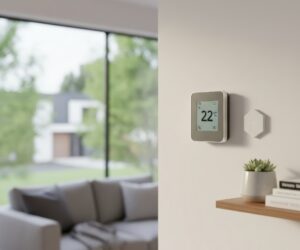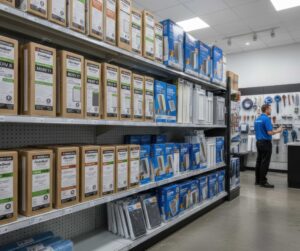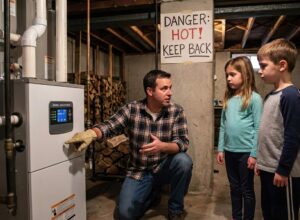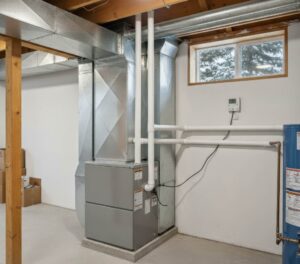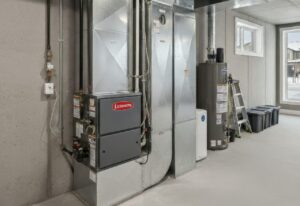Homeowners in Calgary have been slow to switch to heat pumps compared to much of North America.
Since 2022, Americans have bought more heat pumps than gas furnaces. The number of residential heat pumps installed in Canada doubled to over 800,000 units over the last two decades—but the majority of these were in Ontario and Quebec.
Despite a push in Canada to move to more energy-efficient space heating systems, Alberta has lagged. Around 82 percent of homes still primarily use forced-air furnaces in Alberta.
The main reasons for this are the perception that heat pumps do not operate well below freezing and the abundance of cheap natural gas in Alberta to power gas furnaces. Homeowners here traditionally consider heat pump installation not worth the hassle or upfront expense.
But that’s changing. We’re still regularly asked “Are heat pumps worth it?” but increasingly we can say “Yes”.
Let’s find out why…
ARE HEAT PUMPS WORTH IT IN CALGARY HOMES?
Heat pumps are now considered suitable for even the coldest climates, like Calgary, where we get bitterly cold winters with unpredictable Chinook winds and homes need cooling during the summer months.
Most modern cold-weather heat pumps can heat efficiently down to around -10 or -15 degrees Celsius. For winter days when temperatures plummet to below -15C, a backup gas furnace is recommended, i.e., a dual-fuel system that delivers the cost-saving benefits of heat pumps while still retaining the extra heating power of a gas furnace for the coldest days.
So, a heat pump needn’t simply replace a furnace—they can work together to heat and cool a home.
HOW HAS HEAT PUMP TECHNOLOGY CHANGED THE GAME?
Heat pump technology itself is not new. It’s as old as refrigeration (around 200 years!) but it has traditionally been under-utilized in HVAC systems until recent years.
Energy costs have increased and more homeowners are demanding cheaper, more efficient, eco-friendly alternatives to combusting fossil fuels and electric radiators. This has driven heat pump technology to new heights of efficiency and effectiveness.
Previously, gas furnaces were considered more powerful and dependable in Calgary but modern cold-weather heat pumps can now cover most of the heating requirements in Alberta homes efficiently and cost-effectively—as well as the cooling. A heat pump can sit alongside a backup furnace (no air conditioner required) and provide a steady and dependable level of indoor air comfort and quality all year round.
That makes heat pumps worth considering for many Calgary homeowners.
MAKE THE RIGHT HEATING & COOLING DECISIONS…
For over two decades, Alberta Mountain Air has helped Calgarians solve heating and cooling problems and maintain ideal comfort levels. Get in touch online or call 403-236-4366 for a quote.
BENEFITS OF HEAT PUMPS OVER GAS FURNACES
There are important differences between heat pumps and furnaces, giving heat pumps some significant advantages:
- Heat pumps are generally cheaper to run than gas furnaces.
- Air-source heat pumps can reduce energy consumption by up to 50 percent (for ground-source heat pumps, the savings are even greater).
- Heat pumps can provide up to three times more energy than they consume.
- No combustion process means that heat pumps are considered more eco-friendly than gas furnaces (lower carbon footprint).
- No separate air conditioning unit is required for cooling, which can reduce HVAC installation and maintenance costs.
The Canadian Climate Institute reports that “heat pumps are the lowest-cost option for most households” and recommends making the switch to heat pumps—though the advice is not specific to Alberta.
In Calgary, the savings may not be quite as eye-opening as elsewhere in the country—because heat pumps lose efficiency at very low temperatures—but there are still savings and efficiencies to be made by installing and maintaining a heat pump.
HOW DOES A HEAT PUMP WORK IN WINTER?
Heat pumps work differently to both air conditioners and furnaces, employing a heat transfer process similar to how refrigeration works.
Most gas furnaces in Alberta combust natural gas to produce heat. Air conditioners produce cold air from the use of refrigerant and electricity—but, unlike heat pumps, they don’t heat spaces.
Most heat pumps installed in Calgary are air-source models that extract heat from the outdoor air in winter and transfer it to the inside of a home to heat it. In the summer, the process described is reversed to cool the home while the heat is dispersed outside, like with an air conditioner. Heat pumps simply transfer or move heat rather than generate it, a process that requires less energy.
Depending on the type of air-source heat pump, the system may require one or two units (split system) and adequate ducting, as well as refrigerant and an electricity supply to power the fans and compressor.
Ground-source heat pumps are far less common but they use a similar principle and are even more efficient, extracting heat from an underground source. These systems require extensive excavation and an underground loop system, increasing the cost of a heat pump in Calgary.
WHY ARE MORE HOMES SWITCHING TO HEAT PUMPS?
Across Canada, more new homes are installing heat pumps as the primary HVAC system while others are switching to heat pumps from furnaces.
This is largely because of the benefits described: lower installation and maintenance costs, greater energy efficiency, monthly cost-savings on bills, and a lower carbon footprint, while the advances in technology have enabled superior heat pump performance in colder climates.
PROS AND CONS OF HEAT PUMPS
Heat pumps are worth considering in Calgary but they are not without their downsides. So, let’s summarize the pros and cons of heat pumps…
MAIN PROS
Energy efficiency and cost savings
Because they transfer heat rather than generate it, modern heat pumps are highly efficient—even more so than the highest-efficiency gas furnaces. This is especially attractive for homeowners facing higher fuel charges as they can make cost savings every month on bills.
No AC needed
Because a heat pump both heats and cools the home, Calgary homes don’t require a separate air conditioning unit. Many operate a dual-fuel system, however, with a furnace as a backup to the heat pump.
Eco-friendly
Because of the greater efficiency, heat pumps offer homeowners a lower carbon footprint than other HVAC setups. In Alberta, most of our electricity is still generated from fossil fuels (natural gas) but elsewhere in Canada, electricity is increasingly sourced from renewable sources, especially hydroelectric.
Ultimately, heat pumps have great potential for reducing the reliance on carbon-generating fossil fuels.
Consistent heating
Heat pumps can maintain a consistent temperature in the home without needing to ramp up the heat as the temperatures fall, like with a gas furnace.
Enhanced and evolving technology for colder climates
Heat pump technology continues to improve, making the switch to heat pumps worth it even in cold climates like Calgary. We can expect to see even higher-performance cold-weather heat pumps in the future.
Automatic defrost cycles
Heat pumps have inbuilt defrost cycles to remove ice buildup on the outdoor unit. Units can still freeze up in winter but this problem is generally quite easily resolved with some troubleshooting.
Safety
Gas furnaces come with significant risks for the home, with gas leaks, carbon monoxide poisoning, fires, and more. Heat pumps remove these risks and, while they still require professional installation and maintenance, they have an excellent safety record.
MAIN CONS
Higher upfront costs
The purchase and installation costs for heat pumps in Calgary are generally higher than for traditional HVAC equipment/systems.
The cost of a heat pump depends on the type/brand, conditions in the home (insulation, etc.), whether existing ductwork can be used, and other factors. Air-source heat pumps have more manageable upfront costs than ground-source models and financing plans can help spread the initial costs out over several months to make it easier.
Check with your HVAC professionals about financing plans and any applicable government grants or rebates.
Low temperature/cold climate issues
When temperatures plunge below -15 degrees Celsius, as they do every winter in Calgary, heat pumps still struggle—despite the technological advances. So, most homes require a supplemental heating system like a gas furnace or electrical resistance heaters to cover these coldest periods.
Dual-fuel systems with a gas furnace to back up the heat pump are more expensive to install and maintain but are recommended for Calgary homeowners.
Electricity costs more than gas in Calgary
Some Calgary homeowners see that heat pumps run on electricity and immediately dismiss them as too expensive to run. This is not the case.
Although electricity is more expensive than the plentiful natural gas available in Alberta, the high efficiency of heat pumps usually translates to savings every month on energy bills.
They still use refrigerant
Most cold-weather heat pumps boast a lower carbon footprint than other HVAC setups but they still require refrigerant, which can potentially be detrimental to the environment. Regular maintenance is necessary and prompt heat pump repairs are essential if there are issues with refrigerant leaks—and old equipment should be disposed of responsibly.
Space is required outside the home
Split-system air-source heat pumps (the most popular type of heat pump in Canada) have an indoor unit and an outdoor unit. A certain amount of space is required inside and outside the home to install the units.
Most times, this is not a problem, but it needs to be accounted for—perhaps explaining why single detached homes are the most frequent locations for heat pump installations.
HEAT PUMPS ARE WORTH IT ACCORDING TO THE EXPERTS
Heat pumps are worth it in Calgary providing you choose a model with good cold-weather performance and/or opt for a dual-fuel system with backup furnace heating that provides the best of both worlds.
With the right cold-weather heat pump, the concerns about performance in the icy Calgary winters fade away. Homeowners with dual-fuel systems have the peace of mind that their HVAC setup can handle the worst of our winters.
How have technological advances helped heat pumps?
Heat pump models from the 1980s and 1990s indeed struggled to operate in sub-freezing temperatures. Traditionally, the most popular markets were in the southern U.S.
HVAC experts acknowledge that many of the doubts voiced about heat pumps in cold climates even 10 years ago have been effectively resolved by technological advances.
In particular, sub-freezing performance has been improved by an advance in variable speed inverter-driven compressor technology, which wasn’t widely available 10 years ago.
This, and the drive for “greener”, more energy-efficient solutions explains why many of the northern states in the U.S., as well as provinces across Canada, have started to promote the transition to heat pumps.
For instance, Maine has set a target of 245,000 homes (48 percent of housing) with heat pumps installed by 2030. Similarly, Massachusetts has a target to convert one million homes (40 percent of housing) to heat pumps by 2030.
FAQs
How long do heat pumps last?
With professional installation and regular heat pump maintenance, units will last between 15 and 25 years, representing a long-term investment with potentially significant financial benefits.
What’s the cost of a heat pump in Calgary?
Generally, the upfront costs of a heat pump are higher than a gas furnace but heat pumps more than pay for themselves in lower monthly bills over their long lives. Find out more about the costs of heat pumps in Calgary here.
Does the government provide help to switch to a heat pump?
Yes and no. The previous federal grant scheme, the Canada Greener Homes Grant, is ending because it has run out of money but cheap financing may be available in the shape of interest-free loans from the federal government. A new heat pump incentive program may be announced in the future. Check with your HVAC professionals at Alberta Mountain Air for the latest information on funding assistance.
How do the maintenance costs of heat pumps and gas furnaces compare?
Regular HVAC maintenance has many benefits. Gas furnaces typically require at least annual maintenance before the cold season sets in. They also need regular filter changes and may require furnace repairs as the unit ages. Heat pumps require annual maintenance to run at peak efficiency and avoid common issues too, with air filters also needing to be changed regularly.
Can you replace an old gas furnace with a heat pump?
Yes—but talk with a knowledgeable local professional before doing so as it might leave your home’s heating power short in the coldest snaps.
How long does it take to replace a furnace?
A furnace replacement will usually take around 4-10 hours depending on the type and size of the home/unit, ease of access to the old furnace, whether any home modifications are required, and whether unforeseen complications arise during the installation process. Read more about how long it takes to replace a furnace here.
SWITCH TO A HEAT PUMP IN CALGARY?
Before deciding to switch to a heat pump, speak to a reputable local HVAC contractor, who can survey your home, assess its heating and cooling requirements, and recommend an appropriate system.
Our HVAC professionals are SAIT-certified and trained to accurately assess your heating/cooling requirements and install both heat pumps and gas furnaces in Calgary. Call us at 403-236-4366 or contact us online.
